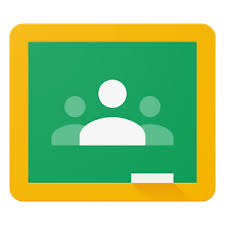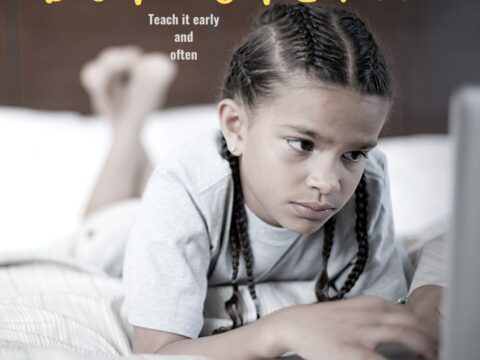Digital Citizenship Week — October 14–18, 2024
You can get a lot of great ideas from Common Sense Education on their Digital Citizenship Week page:
- Digital Citizenship Week calendars, with fun activities and suggested lessons for each day
- AI literacy resources, like AI foundations course for educators, and AI literacy lesson collection for students
- Webinars and events to help build your teaching practice and implement digital citizenship in your classroom
- Family engagement resources to share in your community
Here at Ask a Tech Teacher, we invite you to watch a great video (40 minutes) we use in training, available for free today to Ask a Tech Teacher readers–
Digital Citizenship: What to Teach When
Summary
The importance of teaching digital citizenship in schools, outlining key topics and strategies for each grade level to foster responsible online behavior.
Highlights
- 📚 Digital Citizenship Defined: Understanding rights and responsibilities as internet users is crucial.
- 🏫 Grade-Specific Topics: Digital citizenship is taught progressively from kindergarten to middle school.
- 📊 Tools and Resources: Each grade level includes specific resources and projects to enhance learning.
- 📅 Ongoing Education: Digital citizenship concepts are reviewed annually to reinforce knowledge.
- 👩🏫 Engaging Projects: Creative projects encourage students to apply what they’ve learned about online safety and etiquette.
- 🔑 Cyberbullying Awareness: Addressing cyberbullying is an essential part of digital citizenship education.
- 🔍 Digital Footprint: Students learn about the importance of managing their online presence and reputation.
Key Insights
- 🌐 Foundation of Digital Citizenship: Teaching digital citizenship establishes a framework for students to navigate the online world safely and responsibly. By starting early, students learn essential skills that will serve them throughout their lives.
- 🔒 Rights and Responsibilities: Understanding that with the right to access the internet comes the responsibility to act ethically is vital. This dual focus helps students develop a sense of accountability for their actions online.
- 🎓 Progressive Learning: The curriculum’s structure allows for gradual learning, ensuring that as students mature, they encounter more complex topics related to digital citizenship, making the concepts more relatable and applicable.
- 🌍 Global Perspective: Digital citizenship education encourages students to think globally. They learn that their actions online can impact others around the world, fostering empathy and respect for diverse cultures.
- 🎨 Creative Engagement: Utilizing projects and creative tools not only makes learning fun but also aids retention. Students are more likely to remember concepts when they apply them in engaging, hands-on ways.
- 🚫 Cyberbullying Prevention: Regular discussions about cyberbullying help destigmatize the issue and empower students to speak up and support one another, creating a safer online environment.
- 📈 Ongoing Review: Revisiting digital citizenship topics each year is crucial for reinforcing knowledge and adapting to new digital challenges, ensuring students remain informed about safe online practices.
–summarized by NoteGPT
This video is from a series I taught for school districts. It is now available for free to Ask a Tech Teacher subscribers. Videos include (in alphabetic order):
- 15 Webtools in 15 Weeks
- 18 Digital Tools in the Classroom
- A focus on strategies
- Alternative tools
- Assessment isn’t static
- Author doers
- BYOD
- Class warm-ups
- Collaboration
- Curriuculum Maps
- Differentiation–How to teach the hard-to-teach class
- Digital Citizenship: What to Teach When
- Flipping the classroom
- Gamification of education
- How to Teach a Tech Lesson
- Teach Speaking and Listening Skills with Presentation Boards
- Tech-infused classroom
- Tech tools
- The 20% rule
- Using backchannel devices
- Warm-ups
Here’s the sign-up link if the image above doesn’t work:
Jacqui Murray has been teaching K-18 technology for 30 years. She is the editor/author of over a hundred tech ed resources including a K-12 technology curriculum, K-8 keyboard curriculum, K-8 Digital Citizenship curriculum. She is an adjunct professor in tech ed, Master Teacher, webmaster for four blogs, Amazon Vine Voice, freelance journalist on tech ed topics, contributor to NEA Today, and author of the tech thrillers, To Hunt a Sub and Twenty-four Days. You can find her resources at Structured Learning.







































1 thought on “Digital Citizenship Week: What to Teach When–a video”
Comments are closed.